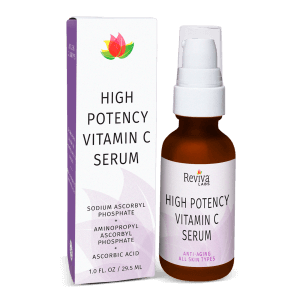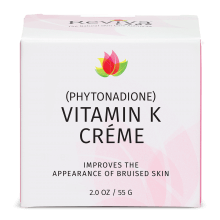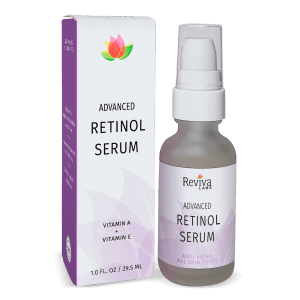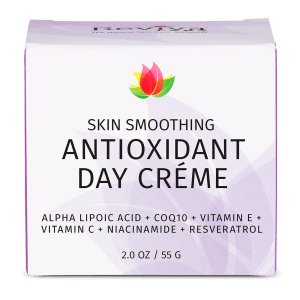Clean Beauty, Ingredients, Natural, Reviva Labs, Skin Care
Which Vitamins Are Best For My Skin?
While the market is flooded with effective topical treatments and skincare products, the foundation of healthy skin often begins from within. One of the key aspects of maintaining healthy skin is ensuring we have the right balance of vitamins in our diet. Vitamins play a crucial role in skin health and offer a range of benefits from anti-aging properties to protecting the skin from environmental damage.
Vitamin C
Vitamin C is perhaps the most celebrated vitamin for skin health. Renowned for its antioxidant properties, Vitamin C is a powerhouse in combating the effects of free radicals, those pesky molecules that contribute to premature aging. Regular intake of Vitamin C not only helps in repairing damaged skin cells but also aids in the production of collagen, a vital protein that keeps the skin firm and supple. Additionally, many skincare products incorporate Vitamin C for its brightening and anti-aging benefits. A diet rich in Vitamin C can help your skin look younger and more vibrant. Citrus fruits, strawberries, bell peppers, and broccoli are excellent sources of this vitamin.
Vitamin E
Then there’s Vitamin E, often praised as the guardian of the skin. This fat-soluble vitamin is known for its hydrating and healing properties. It helps in maintaining the skin’s natural moisture barrier, preventing dryness and flaking. In skincare products, you’ll often see Vitamin E and Vitamin C in the formula. That’s because Vitamin enhances the antioxidant effects of Vitamin C. This synergy not only boosts skin health but also provides a shield against environmental stressors like UV rays and pollution. Almonds, sunflower seeds, and avocados are rich in Vitamin E and are great for keeping the skin hydrated and supple.
Vitamin A
Another crucial player is Vitamin A, which comes in various forms, the most well-known being retinol. It’s a go-to vitamin for addressing signs of aging and improving skin texture. Vitamin A helps to speed up healing, prevent breakouts, and support the skin’s immune system. It also promotes natural moisturizing – which means it helps to hydrate the skin effectively, giving it a radiant glow. Additionally, it assists in promoting and maintaining a healthy look to your skin.
Vitamin B
B-vitamins also deserve a spotlight in the realm of skin health. Specifically, Niacinamide, a form of Vitamin B3, is gaining popularity in skincare circles. It’s known for its versatility; Niacinamide can improve skin’s elasticity, enhance its barrier function, help erase discolorations, and revive skin’s healthy tone and texture. Vitamin K rich leafy greens such as kale, and spinach are a great addition for a skin-healthy diet.
Vitamin D
Vitamin D, often dubbed the “sunshine vitamin”, is essential for skin repair and rejuvenation. It plays a significant role in skin tone and may help treat psoriasis. However, with the skin cancer risks associated with excessive sun exposure, obtaining Vitamin D through diet in foods like fatty fish, and cheese or taking dietary supplements is a safer bet for reaping its skin benefits.
Vitamin K
Lastly, we have the lesser-known but equally important Vitamin K. It is key in helping the body heal wounds and bruises. This vitamin assists in reducing swelling and bruising, making it beneficial for those with dark circles under their eyes. It’s also used in various skin creams and treatments aimed at reducing spider veins, scars, and stretch marks. Leafy greens such as kale and spinach are rich in Vitamin K and are a great addition to a skin-healthy diet.
Incorporating these vitamins into your diet or skincare routine can yield significant benefits. However, it’s crucial to remember that balance is key. A balanced diet rich in a variety of vitamins, coupled with a suitable skincare routine, can work wonders in maintaining the health and beauty of your skin.











